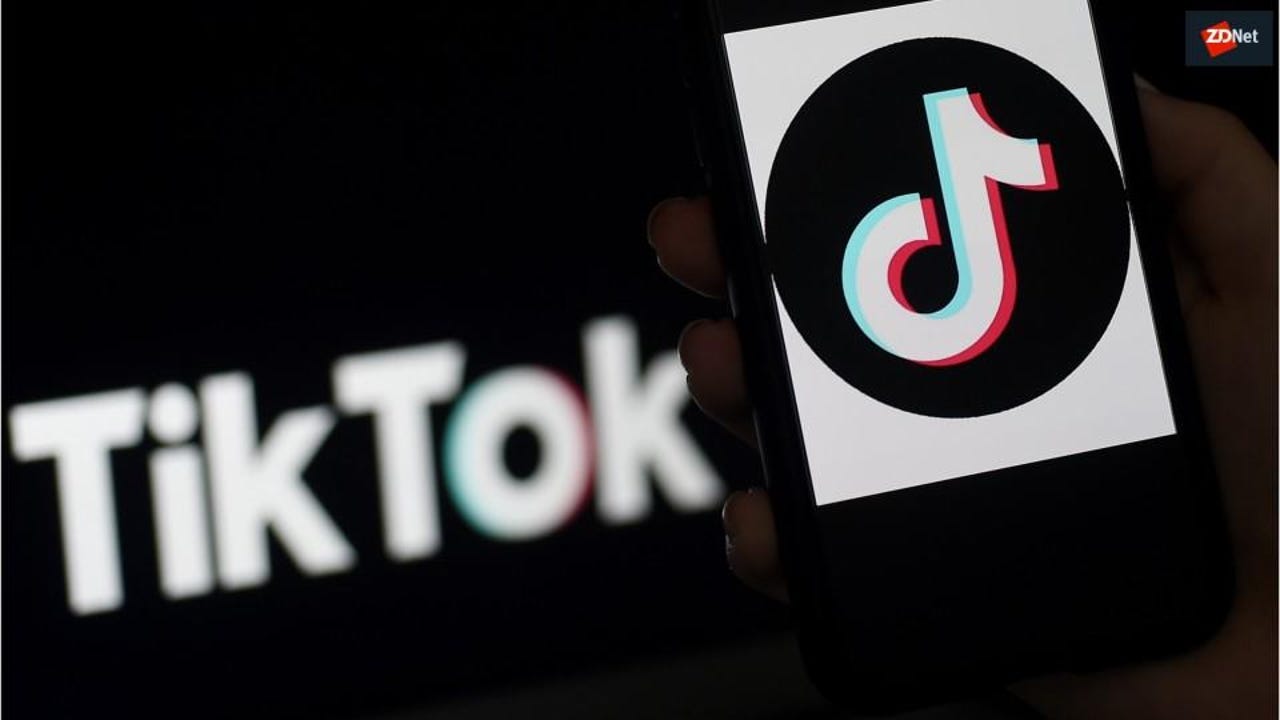Three Trump officials have now hinted at a TikTok ban this month


Three high-ranking US officials have hinted this month that the Trump administration is seriously thinking and working on banning Chinese app TikTok.
The list of officials who made comments of the sort includes Secretary of State Mike Pompeo (in an interview on Fox News' The Ingraham Angle), National Security Advisor Robert O'Brien (in an interview on Fox News Radio), and Trump Chief of Staff Mark Meadows (speaking to reporters on an Air Force One flight).
The three officials said TikTok is collecting data on US users and sharing the information with the Chinese Communist Party.
Pompeo, who was the first to start the Trump administration's attack on the Chinese app, said US officials began looking seriously at banning TikTok in the US after the app was banned days before in India.
On June 29, amid a military conflict with Beijing on India's northern border, the New Delhi government banned 59 Chinese-made applications, including TikTok, under accusations collecting and sharing data on Indian users with Chinese intelligence.
Pompeo's initial attack on TikTok was followed days later by National Security Advisor Robert O'Brien, who took the accusations a step further, suggesting that TikTok was collecting facial recognition information on US users.
"I don't think there's any self-imposed deadline for action, but I think we are looking at weeks, not months," Trump Chief of Staff Mark Meadows told reporters on a flight from Atlanta to Andrews Base, a few days later, echoing the previous two officials' comments.
The Chinese app, now managed through US company ByteDance, has been facing these type of allegations for years, amid a rising wave of anti-Chinese sentiment in the US. The company has always denied rumors and accusations, stating multiple times that the app is run separately from its Chinese version, named Douyin, and any data on US users is stored in the US, not in China. However, this hasn't stopped rumors of TikTok serving as a conduit for Chinese spying from resurfacing again and again.
But while until now TikTok had to deal with mere accusations, usually from the press, the app might soon find itself facing an official ban.
While the month started with comments from government officials, the Trump administration has now gone to social media for its next step.
Over the past week, the Trump re-election campaign has run multiple anti-TikTok ads on Facebook and Instagram, accusing the Chinese app of spying on users, in an effort to get support from the Trump voter base for an impending ban.
The new developments suggest the Trump administration is dead-set on a ban, and the White House is following the same playbook it used against Huawei, slowly chipping away at the public's confidence until it feels ready to pass on official measures.
However, several experts have warned -- both last year and this month -- that a ban on TikTok won't achieve the desired effect, being only a shallow measure that won't stop "Chinese spying," as thousands of other apps will remain available to US users.
Furthermore, TikTok is also not the app that officials should be focusing on, according to experts, who believe WeChat is China's most powerful social media tool.
"I am not saying those are not risks, but when it comes [to] influence and interference in the political processes of foreign governments I think TikTok is a sideshow compared to WeChat," said Bill Bishop, a reporter who covered China and its policies for the New York Times and other publications.
"WeChat's overall user base in foreign countries may be small, but it is massive among the overseas Chinese diaspora, many of whom use WeChat as a key if not the primary information channel. Australia and Canada have already seen issues around elections from disinformation via WeChat," Bishop said.